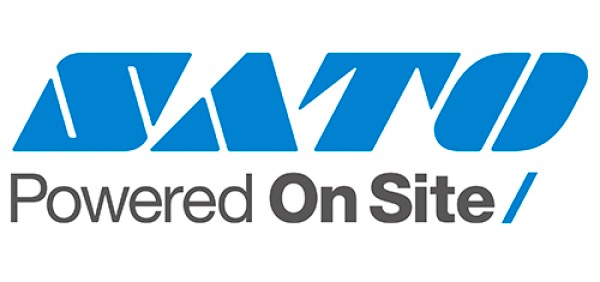In this article, we will explore how RFID technology has become the key tool for transforming logistics.
Why is RFID Logistics Control Essential Today?
Effective control and management of logistics operations are crucial for companies in all industries today. With the increasing complexity of supply chains, it has become essential for companies to adopt innovative technologies that can enhance efficiency and accuracy. Radio Frequency Identification (RFID) technology has emerged as a powerful tool in the field of logistics, revolutionizing traditional inventory and asset management processes. In this article, we will explore why RFID control is essential in today’s fast-paced business environment.
The Basics of RFID Technology
First, let’s understand what RFID technology is and how it works. RFID is a wireless technology that uses radio waves to transmit data from a tag attached to an object to a reader or scanner. The tag can store a unique identifier and other information about the object, such as product details, location, and even maintenance history. Unlike traditional barcode systems, RFID does not require line-of-sight scanning, allowing for real-time tracking and monitoring of items without manual intervention.
Improved Visibility and Accuracy
One of the main reasons why RFID control is essential in logistics is the improved visibility it provides. By placing RFID tags on products, packages, or assets, companies can achieve real-time and accurate tracking throughout the supply chain. This helps mitigate the risk of item loss or misplacement, reduces manual errors, and enhances overall efficiency. With RFID technology, companies can gain comprehensive visibility into their inventory, enabling them to make informed decisions and optimize their operations.
Additionally, RFID also facilitates automatic data capture, eliminating the need for manual data entry. This means companies can significantly reduce labor costs and minimize human errors associated with manual data collection. By automating data capture, companies can streamline their operations and allocate their resources more efficiently.
Efficient Inventory Management
Another crucial aspect of logistics control is efficient inventory management. Maintaining an accurate inventory count is vital to optimize supply chain operations. With RFID technology, companies can streamline their inventory management processes by automating stock counting, updating stock levels in real-time, and issuing alerts for low stock or inventory discrepancies. This enables faster and accurate replenishment, reducing stockouts and ensuring optimal inventory levels.
Furthermore, RFID tags can also facilitate efficient warehouse management by allowing automated location tracking. This eliminates the need for manual searches and significantly improves inventory accuracy. Warehouse managers can easily locate items, reduce picking errors, and optimize space utilization, ultimately leading to higher productivity and customer satisfaction.
Supply Chain Optimization
RFID-enabled control offers unparalleled opportunities to optimize supply chain operations. The real-time visibility and automation provided by RFID technology significantly enhance order fulfillment processes. By accurately tracking and monitoring products throughout the supply chain, companies can identify bottlenecks, optimize workflows, and eliminate inefficiencies. This not only improves customer satisfaction but also reduces costs and enhances overall supply chain performance.
Anti-Theft and Anti-Counterfeiting Measures
RFID technology also plays a vital role in combating theft and counterfeiting, which are common issues in the global logistics industry. By integrating RFID tags with security systems, companies can monitor and track goods to prevent theft and unauthorized movement. Additionally, RFID tags can contain unique identifiers and encryption, helping authenticate products and verify their authenticity. This contributes to maintaining brand reputation, ensuring consumer trust, and reducing the risk of counterfeit products entering the supply chain.
In today’s highly competitive business environment, efficient logistics control is essential for success. RFID technology offers numerous benefits for companies, including improved visibility, precise inventory management, optimized supply chain operations, and enhanced security measures. By leveraging RFID control, companies can gain a competitive edge, reduce costs, and improve customer satisfaction. Adopting RFID technology is no longer a choice but a necessity for companies looking to thrive in the modern logistics environment.
Contact us for more information focused on your needs. If you wish to receive information about RFID technology, subscribe to our magazine.






